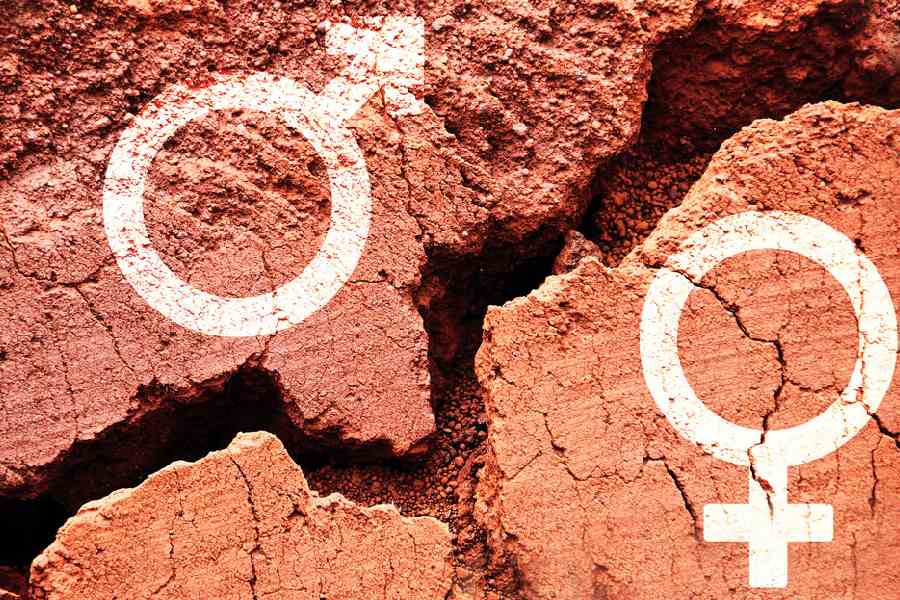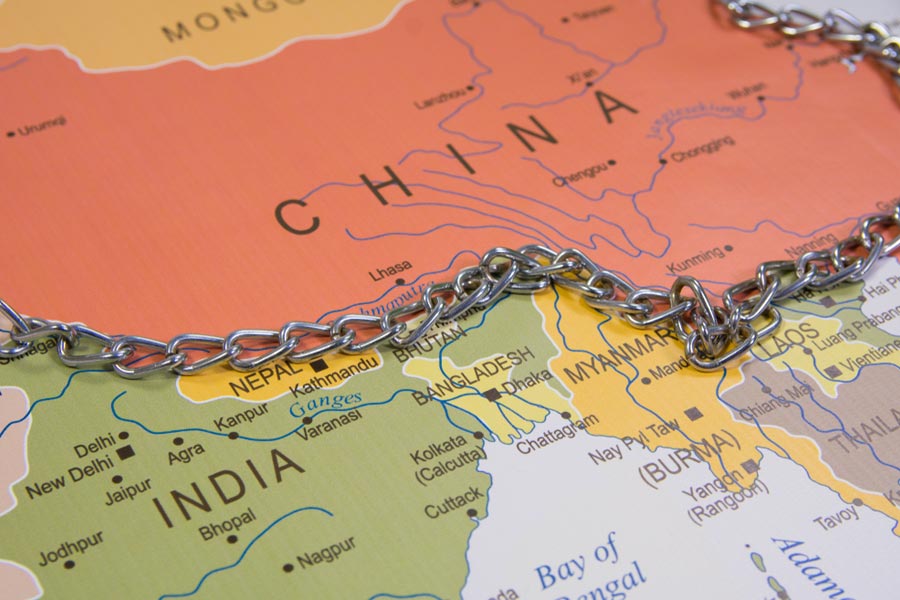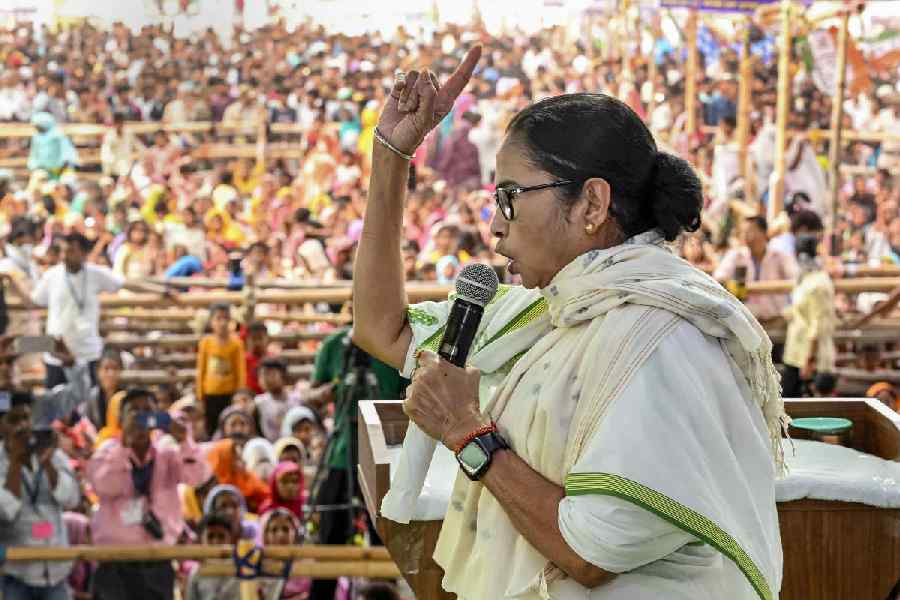Formulating laws is easier than changing attitudes. Speaking at the launch of a project on addressing gender-based discrimination, the chief justice of the Bombay High Court, D.K. Upadhyaya, said that gender discrimination began in the womb and was accepted and encouraged by society after that. The two laws against discrimination he mentioned were the Pre-conception and Pre-natal Diagnostics Technique Act, 1994 and the Protection of Women from Domestic Violence Act, 2005. However, since society was infused with patriarchal values, not even around 10% of the crimes of female foeticide under the PCPNDT Act reached the court. The chief justice’s speech underlined the failure of laws in the face of inherited bias. It is a sinister cycle: sex determination creates the inequality and then shelters it, as he said. Gender inequality is created by sex determination and the assignment of defined roles, and unchanged bias perpetuates it. Only the understanding of gender equality can eliminate domestic violence. The chief justice laid stress on creating awareness in order to change gender stereotyping.
Awareness was also central to the speech of Mridula Bhatkar, a retired judge of the Bombay High Court. Her emphasis had an ironic twist, for she proposed that the boys should be taught to save the girls. Gender itself became part of the argument: Ms Bhatkar said that the slogan should be ‘Beta padhao, beti bachao’ rather than ‘Beti padhao, beti bachao’. Ms Bhatkar homed in on the patriarchal belief that manhood meant dominating women. Violence was the easiest means of domination. To address domestic violence, educating boys in gender equality is urgent. This would be difficult, since the skewed value-system that the speakers were referring to exists within the home and informs actions, exchanges and practices in daily life. It is not a lesson that can be taught only in the classroom; gender equality must be experienced outside it. Ms Bhatkar rightly pointed out that domestic violence was a worldwide phenomenon. The reason for that lies precisely in the difficulty of changing mindsets where social institutions have internalised gender bias; some are even structured accordingly. The present environment in India, where the dominant system’s overt or silent indulgence of gender bias and violence — in spite of catchy slogans — is prevalent, makes awareness more elusive. The struggle for gender equality must therefore be proportionately strong.










